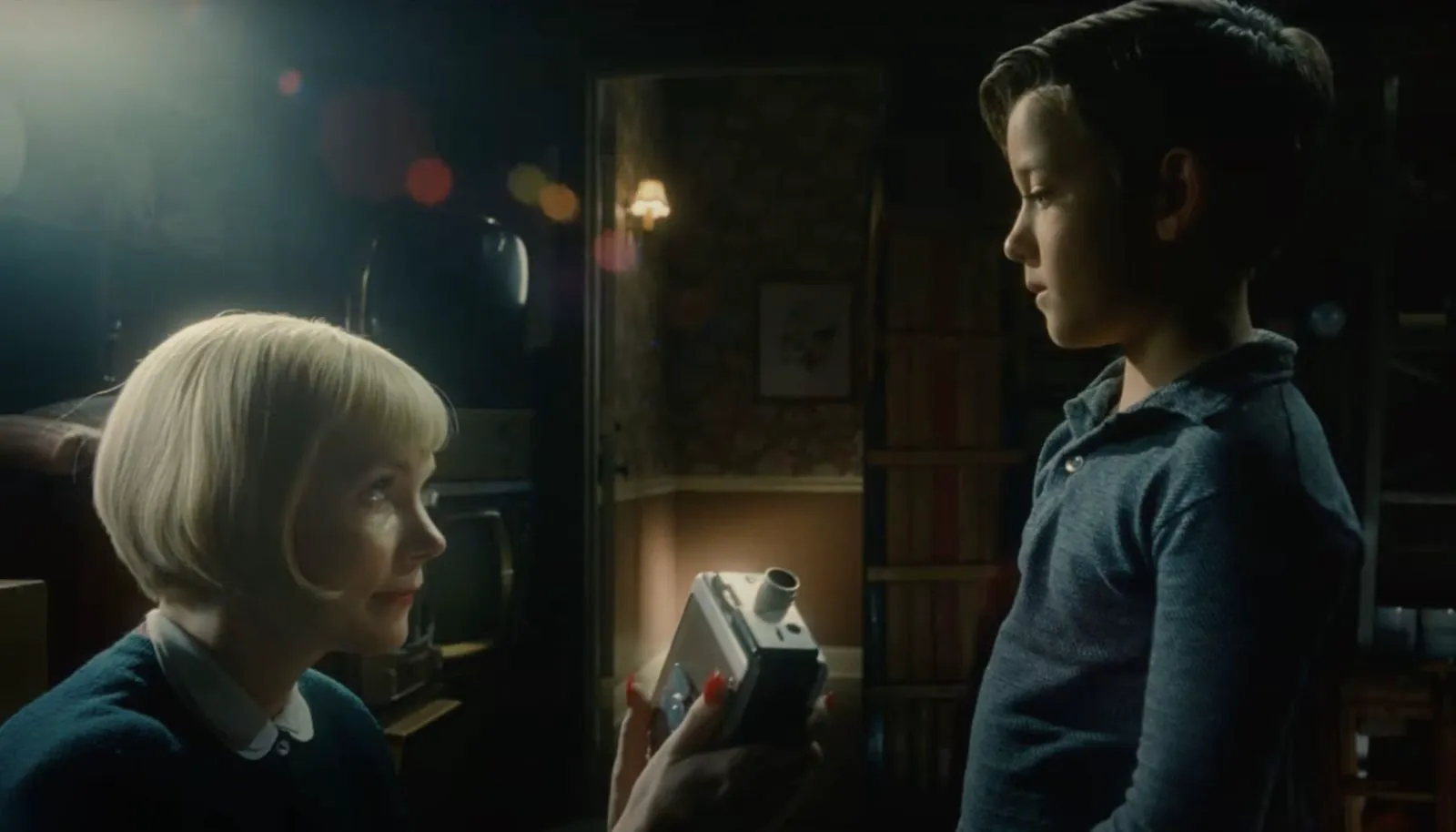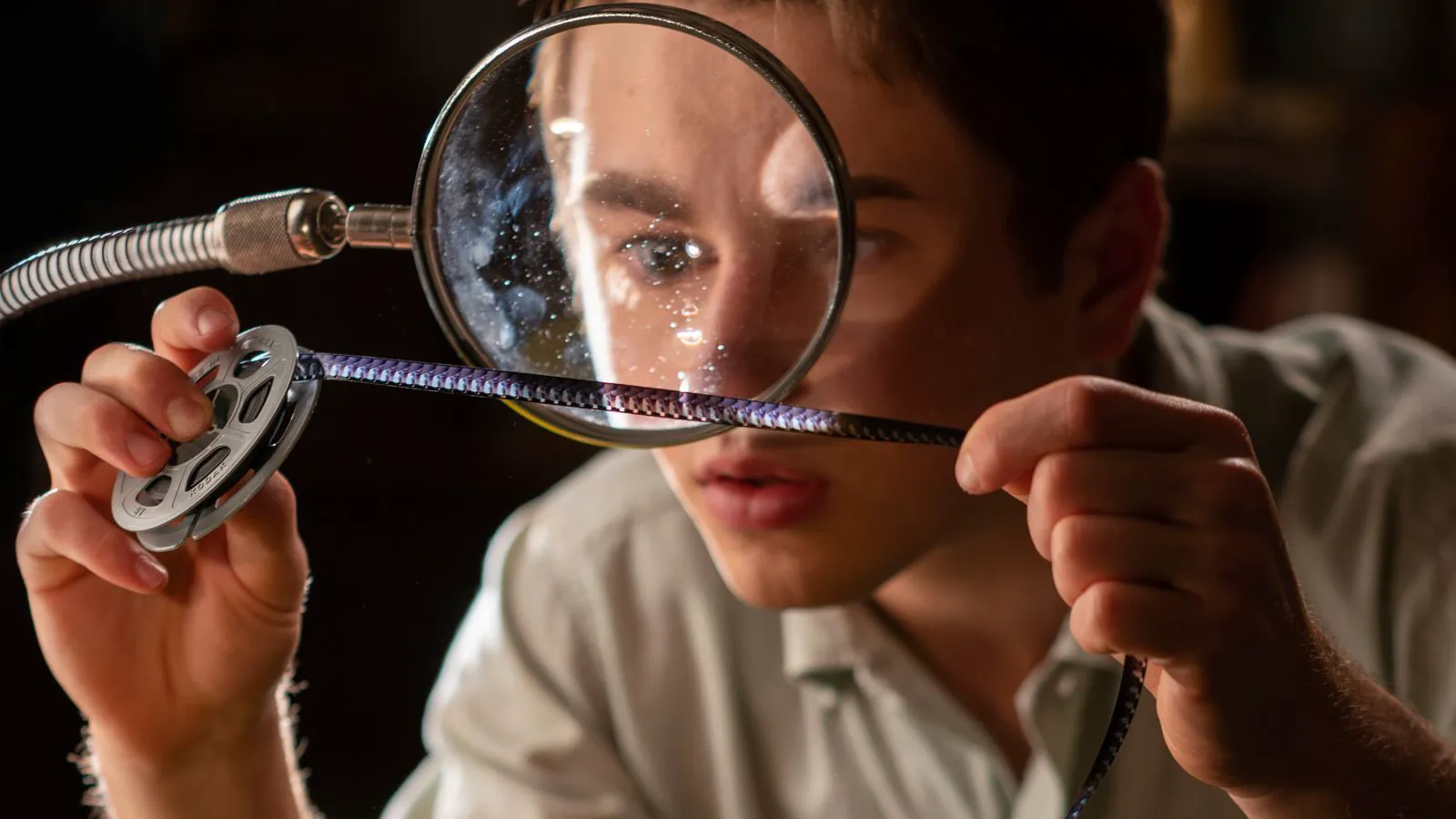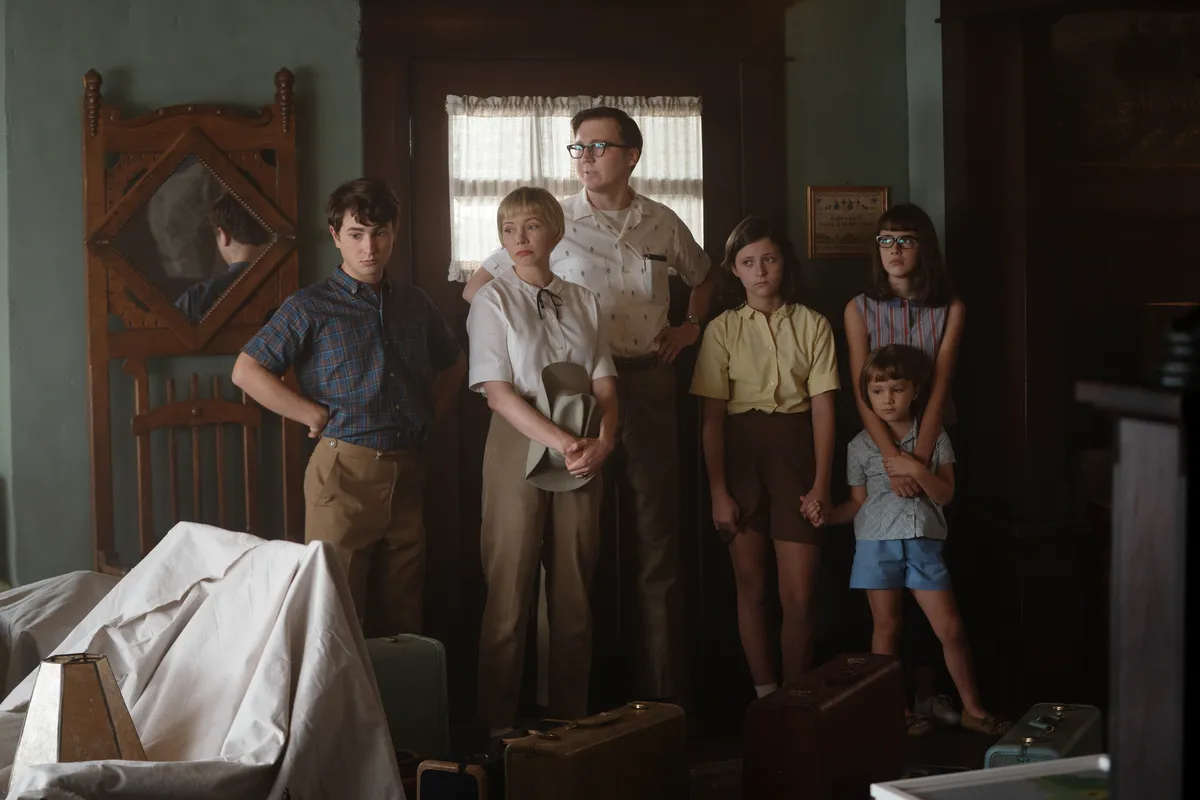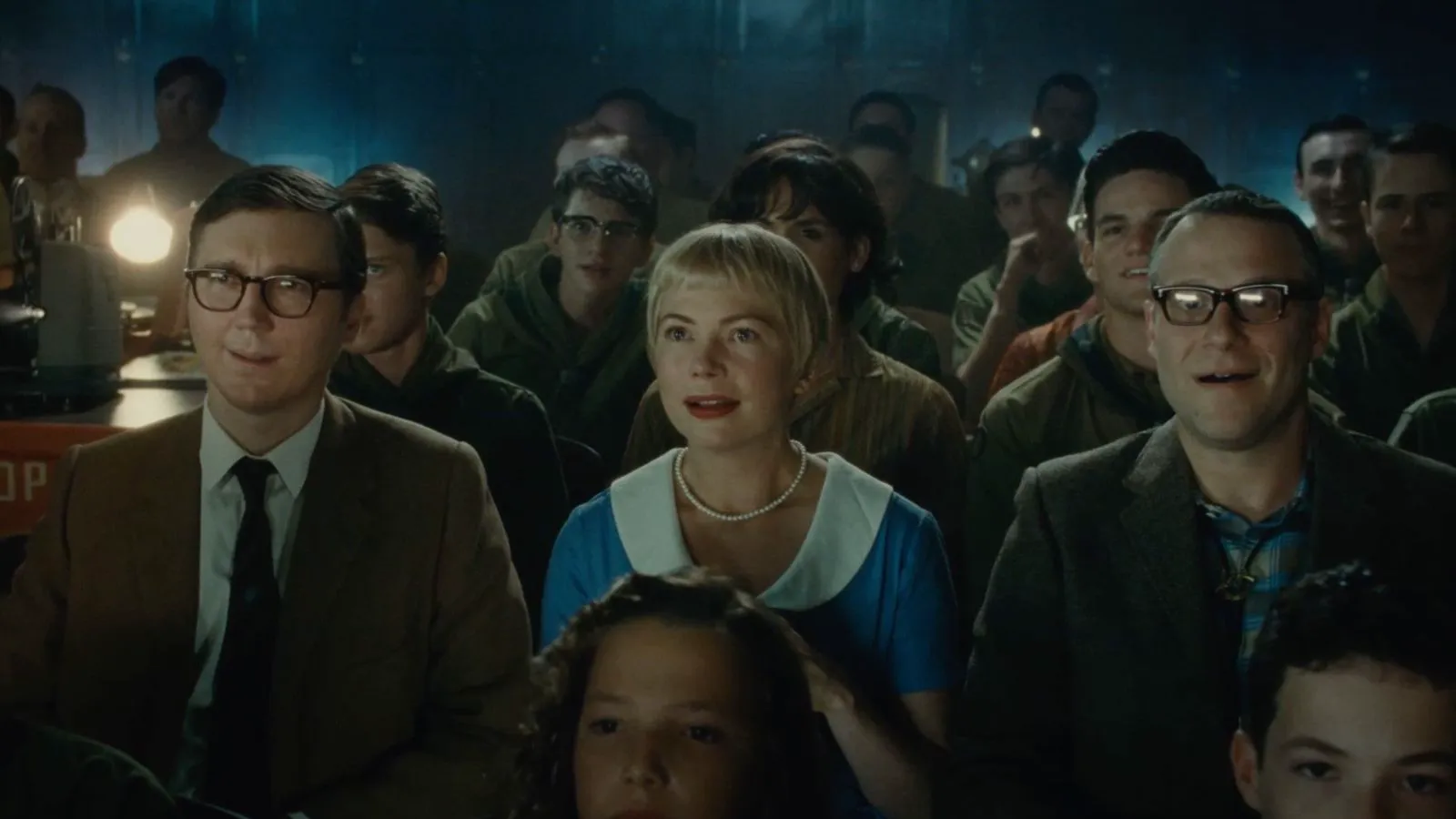Spielberg’s Open Therapy Session: A $40 Million, 3-Hour Film
Steven Spielberg’s latest film, “The Fabelmans,” isn’t just a movie; it’s a cinematic therapy session, a heartfelt and surprisingly candid exploration of his own childhood and formative years. Clocking in at nearly three hours and reportedly costing $40 million, this film serves as a deeply personal reflection on family, dreams, and the magic of cinema.
The Genesis of a Filmmaker
The film opens in snowy January 1952, with young Sammy Fabelman (Mateo Zoryon Francis-DeFord) experiencing Cecil B. DeMille’s “The Greatest Show on Earth.” This moment marks the beginning of Sammy-Steven’s lifelong love affair with cinema. Like the Lumière brothers or Edwin S. Porter, Spielberg understands that cinema often begins with a train. The magic of the movies becomes something Sammy wants to capture and hold onto, a dream he wants to share with his mother, a reality he doesn’t want to fade upon waking. This desire leads him to ask for a train set for Hanukkah, hoping to recreate the captivating collision he witnessed on screen.

Michelle Williams as Mitzi in “The Fabelmans”
A Lifetime of Self-Portraiture
For half a century, Spielberg has subtly woven his personal life into his films. Themes of parental divorce and absent fathers appear in “E.T.” and “Close Encounters of the Third Kind,” while his Jewish identity and feelings of being an outsider are explored in “West Side Story.” The burden of being an outsider, often targeted by bullies, surfaces in “Duel.” Over the years, Spielberg has embedded elements of his autobiography within grand narratives, hiding his “little self” behind aliens, dinosaurs, and adventurers. Now, with “The Fabelmans,” he lays bare his experiences. What might seem like fiction is, in fact, truth amplified. The monkey in the living room, the horror films made with his sisters, and the painful separation of his parents are all rooted in reality. While “West Side Story” was dedicated to his father, “The Fabelmans” is an ode to his mother. Both parents, now deceased, had wished for him to make a film about the Spielbergs.

Gabriel LaBelle as Sam in “The Fabelmans”
Acceptance Through Storytelling
Storytelling, for Spielberg, is a path to recognition and, more importantly, acceptance. He is a product of his parents, a continuation of their legacy. He embodies the technical mind and methodical nature of his father, Arnold-Burt (played by an expressive Paul Dano), and the childlike wonder and optimism of his mother, Leia-Mitzi (brought to life by Michelle Williams). “The Fabelmans” is a therapy session, a confession, a thank you, and a revelation of a secret that was never truly hidden.

Paul Dano as Burt in “The Fabelmans”
Humanizing the Family
Spielberg and his longtime collaborator, Tony Kushner, crafted this coming-of-age story during the pandemic, drawing inspiration from real events. Sammy (played by Gabriel LaBelle) grows up, falls in love, argues with his mother in the kitchen, and laughs with his sisters at the dinner table. Spielberg, as a director, takes a step back, distancing himself to see his family members as individuals. They are close, relatable, imperfect, and therefore alive – now eternally preserved on film. The Fabelmans are a family you’d want to know, perhaps even join for a game of bridge on a Sunday afternoon. It’s impossible not to respect the brooding engineer Burt and to fall in love with the “Peter Pan” of a woman, Mitzi. And for such a vibrant woman, it was impossible not to be drawn to her husband’s best friend, Benny (Seth Rogen). Spielberg refrains from judging his mother, revealing his humanist soul once again. This empathy will undoubtedly resonate with audiences.
Avoiding Narcissism
Among the many autobiographical films that have emerged from great directors, “The Fabelmans” avoids both narcissism and excessive self-pity. A gentle irony and celebration of imagination connect Spielberg’s confession to Richard Linklater’s “Apollo 10 1/2.” It’s as if Spielberg is offering a gentle pat on the back, a cinematic “thank you” for continuing to dream and never giving up.

Michelle Williams as Mitzi in “The Fabelmans”
Spielberg jokes that Gabriel LaBelle is much more attractive than he was as a teenager, a bit of self-deprecation that the director can afford. “The Fabelmans” speaks volumes about the transformative power of cinema. The seemingly simple magic of a camera holds the key to eternal love. Ordinary objects become revelations, and a toy train in the basement can refract into a grand catastrophe. And, if you’re Steven Spielberg, you can even orchestrate a meeting with John Ford, played by David Lynch. After all, who could refuse Steven Spielberg?
Looking into the mirror of the film, the 75-year-old Spielberg sees a sometimes capricious, sometimes selfish, but always determined and sensitive boy who learns from his mistakes and collects emotional scars. But Sammy is happy because he always knew what he wanted. And Steven is happy because he knows he achieved his desires and more. “The Fabelmans” doesn’t end with a conventional happy ending: Mitzi and Burt separate, while Leia and Arnold reunite 15 years after their divorce and live together until old age. Steven, after making countless school films, finds himself in a studio – and this isn’t the end, it’s just a happy beginning.